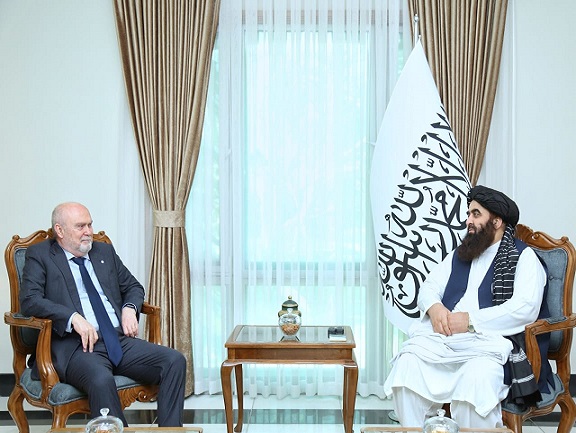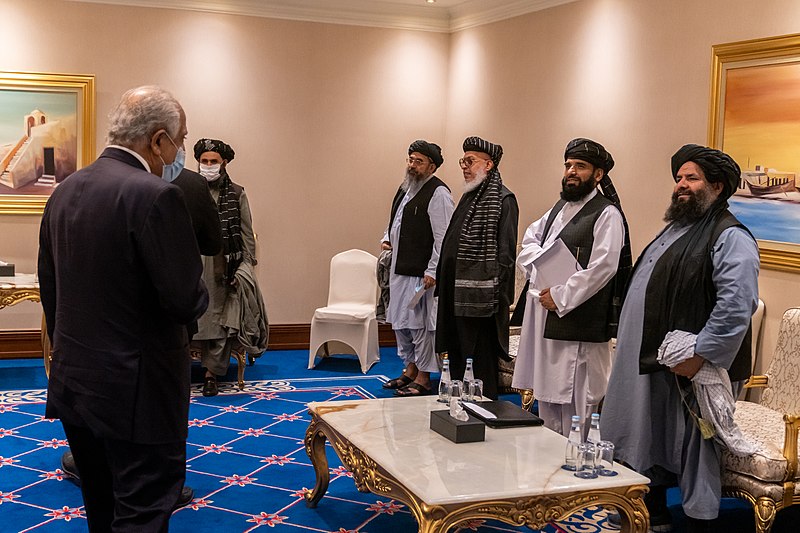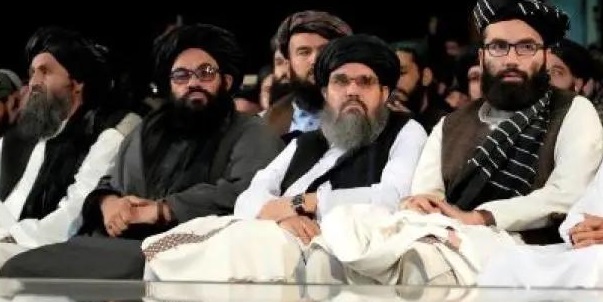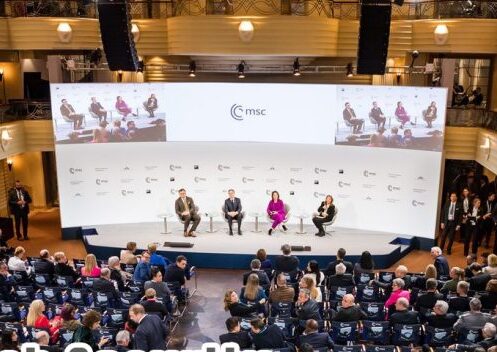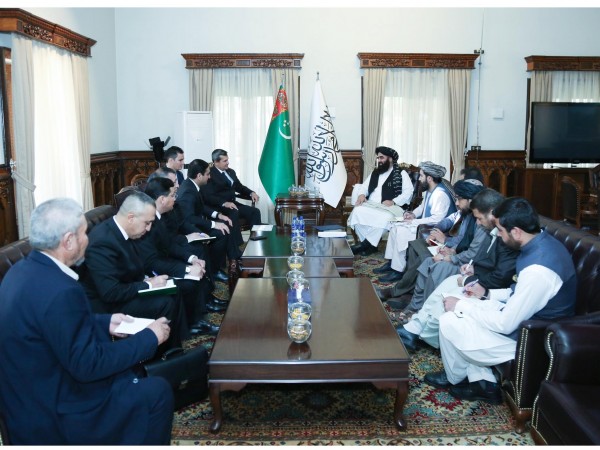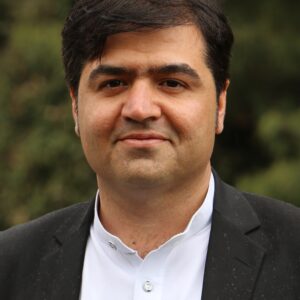
Recent developments surrounding the upcoming Doha meeting have added layers of complexity to an already intricate diplomatic scenario. The unveiling of the United States’ strategic document on Afghanistan has cast a shadow over the diplomatic landscape, signaling a potential shift in dynamics rather than a resolution to existing stalemates.
Last week’s approval of the State Department’s strategic document hinted at a symbolic return to Kabul through the reopening of a consulate. However, rather than marking the conclusion of tensions, this move is poised to ignite further negotiations and challenges.
Meanwhile, the Taliban, despite being extended an invitation to the Doha meeting, have yet to express satisfaction regarding the acceptance of the UN special representative for Afghanistan. This stance underscores the deep-rooted differences and challenges inherent in the peace process.
Furthermore, special representatives from various countries have underscored the significance of Afghanistan. However, recent concerns raised by Iran, Russia, China, and Pakistan regarding terrorism and security threats reveal the depth of mistrust between regional stakeholders and the Taliban.
The abstention of Russia and China from UN Security Council Resolution 2721, coupled with China’s subsequent acceptance of the Taliban ambassador’s credentials, highlights substantial divergences between regional and Western perspectives. This disparity poses a significant hurdle to achieving global consensus in support of constructive dialogue regarding Afghanistan’s future.
The upcoming Doha meeting, under the auspices of the UN Secretary-General, presents an opportunity to mediate and alleviate tensions. However, given the prevailing complexities, the question arises: will this meeting mark a turning point in the Afghan peace process or merely exacerbate existing challenges?
Not only is the Doha meeting a litmus test for the Taliban’s political flexibility, but it also serves as an opportunity for the international community to demonstrate effective conflict resolution and reconstruction efforts in Afghanistan through focused and coordinated diplomacy. It could herald the beginning of a new chapter of cooperation and concerted endeavors, provided all parties are committed to finding common ground and constructive solutions amidst escalating tensions between Western powers and regional stakeholders.

